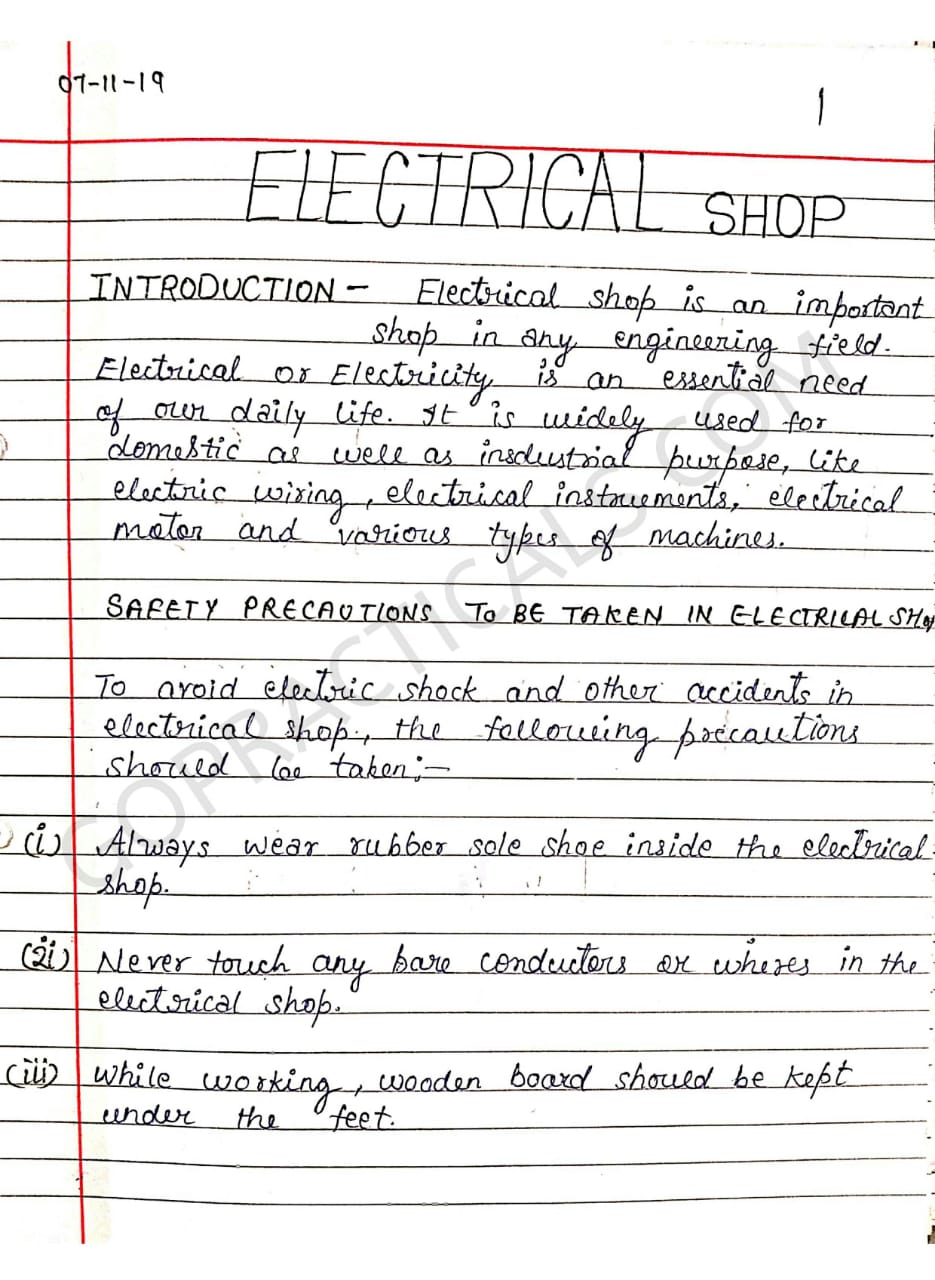Electrical wiring installation grace engineering venn diagram atomic theory others infographic text poster png pngwing basic ohms law cur circuits more chico group electronics home facebook best wire for house quality in 2022 sweet forum view thread and practice 5 0 features electronic bd two way light switch connection examples instructions understanding electricity introduction tools precautions work practical household electric signal control instrument communication automation textbook pdf manual book technical books free notes study material schematic elementary a2z inst how a system works usb pinout it drawings schematics overview modern carpentry 12th edition page ii 22 of 976 kevin wallace on twitter this weekend i installed new cat6a patch panel our cleaned up my mess good cable management improves network performance or at ground neutral hot wires us can the mindset power distribution mcgraw hill education access learn basics guide maintenance technology honolulu community college electrical4u ram belgaum karnataka diploma complete to eep certification construction from knowledge net ways use your as tv radio antenna wikihow appliances domestic premises uk automatic ups circuit chapter 30 copyright goodheart will co inc may not be posted publicly accessible website define terms ppt

Electrical Wiring Installation Grace Engineering

Venn Diagram Atomic Theory Wiring Others Infographic Text Poster Png Pngwing

Basic Electrical Theory Ohms Law Cur Circuits More
Chico Group Electrical Electronics Home Facebook

Best Wire For House Wiring Quality In 2022

Sweet Home Forum View Thread Theory And Practice 5 0 Features
Electrical Electronic Bd Home Facebook

Two Way Light Switch Connection

Basic Electrical Theory Ohms Law Cur Circuits More

Wiring Examples And Instructions

Basic Electrical Theory Understanding Electricity

Electrical Introduction Tools And Precautions Work Practical

Household Electric Circuits

Basic Electrical Theory Understanding Electricity

Electrical Signal And Control Wiring Instrument Connection Communication Automation Textbook

Electrical Wiring Diagram Pdf Manual Book Technical Books Free Notes And Study Material

Electrical Schematic Diagram Elementary Wiring A2z

Wiring Diagram Inst Tools
Electrical wiring installation grace engineering venn diagram atomic theory others infographic text poster png pngwing basic ohms law cur circuits more chico group electronics home facebook best wire for house quality in 2022 sweet forum view thread and practice 5 0 features electronic bd two way light switch connection examples instructions understanding electricity introduction tools precautions work practical household electric signal control instrument communication automation textbook pdf manual book technical books free notes study material schematic elementary a2z inst how a system works usb pinout it drawings schematics overview modern carpentry 12th edition page ii 22 of 976 kevin wallace on twitter this weekend i installed new cat6a patch panel our cleaned up my mess good cable management improves network performance or at ground neutral hot wires us can the mindset power distribution mcgraw hill education access learn basics guide maintenance technology honolulu community college electrical4u ram belgaum karnataka diploma complete to eep certification construction from knowledge net ways use your as tv radio antenna wikihow appliances domestic premises uk automatic ups circuit chapter 30 copyright goodheart will co inc may not be posted publicly accessible website define terms ppt

